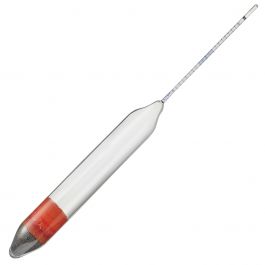- Joined
- Dec 17, 2019
- Messages
- 14
- Reaction score
- 9
I have a reef tank system that is about 6-7 years old. For the last few years ive had very consistent testing and dosing. I use BRS 2 part but was using kalkwasser up until a year ago. I use dosing pumps for 2part and have noticed needing less and less to maintain levels, and have noticed a slowdown in coral growth. There is some algae but have noticed coraline almost non existent as well.
Basically i have been turning down the time the dosing pumps are on from about 6min x 10 a day (60ml) on 1ml/min BRS pumps to only 2min x 10 a day and levels are staying consistent. This has been fairly linear. I did have a large(er) acro colony die off but there are plenty of LPS in tank that took up (and still do) the lions share of the coral.
I had great growth on everything up until about 9months ago... Shortly after switching to two part from kalkwasser is only change ive made really, anyone else have this issue? Only other change was switching to a digital salt meter which revealed my refractomitor was off. I took PPT on NaCL from 31PPm back up to 35 over the course of a month or so.
Ive heard of some success with replacing crushed coral substrate, as mine is quite old, but maybe it is time for a calcium reactor?
Any ideas appreciated
90G
Alk 10.0
CA 430
MG 1500
AquaIllumination Lighting
NO3 1PPM
P04 near zero
Basically i have been turning down the time the dosing pumps are on from about 6min x 10 a day (60ml) on 1ml/min BRS pumps to only 2min x 10 a day and levels are staying consistent. This has been fairly linear. I did have a large(er) acro colony die off but there are plenty of LPS in tank that took up (and still do) the lions share of the coral.
I had great growth on everything up until about 9months ago... Shortly after switching to two part from kalkwasser is only change ive made really, anyone else have this issue? Only other change was switching to a digital salt meter which revealed my refractomitor was off. I took PPT on NaCL from 31PPm back up to 35 over the course of a month or so.
Ive heard of some success with replacing crushed coral substrate, as mine is quite old, but maybe it is time for a calcium reactor?
Any ideas appreciated
90G
Alk 10.0
CA 430
MG 1500
AquaIllumination Lighting
NO3 1PPM
P04 near zero



















